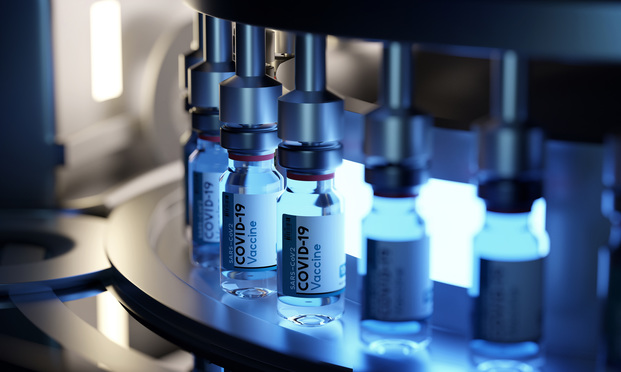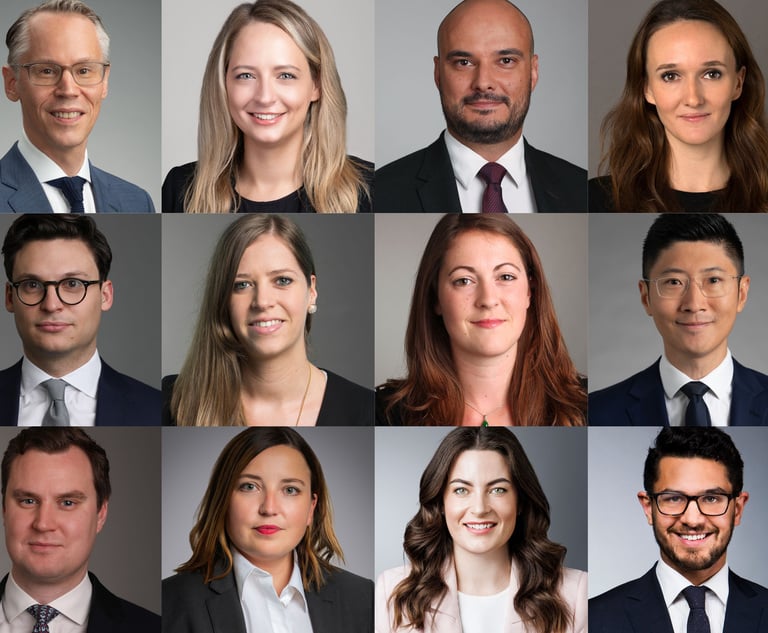Abolish patent rights. Grant IP waivers. Open COVID-19 intellectual property. The development of COVID-19 vaccines has elicited very real fears of unequal access—and with it, a growing call to waive intellectual property enforcement for these lifesaving drugs. However, while legal mechanisms like compulsory licensing hold some promise in addressing these concerns, these proposals oversimplify and ignore crucial non-IP challenges to the effective delivery of COVID-19 vaccines, such as infrastructure disparities and lack of a fully functioning public health system.
The United States conceptualizes patents as private property: government-sanctioned monopolies without any obligation to practice the invention. An inventor who secures a patent may commercialize, license or do nothing at all with her patent. Even if she does nothing herself, she may still assert her rights to prevent others from commercializing it. These deadweight losses created by patents are justified on the basis that full public disclosure of the invention is sufficient as a public good. Ostensibly, a 20-year exclusivity period incentivizes innovation. In the pharmaceutical industry, monopoly profits ostensibly offset the high costs and risks of bringing a drug to market—between $314 million and $2.8 billion in R&D.

 Final production of filled vials of COVID-19 vaccine. Credit: James Thew – stock.adobe.com
Final production of filled vials of COVID-19 vaccine. Credit: James Thew – stock.adobe.com







